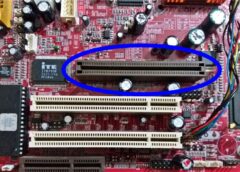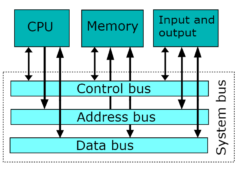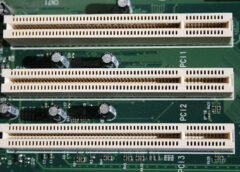
DISCUSS THE SYSTEM OF COURTS IN KENYA
Superior Courts
The superior courts are;
i. The Supreme Court
ii.The Court Appeal
iii. The High Court
iv. The Courts referred to in Article 161 clause (2) of Kenyan Constitution
Parliament shall establish courts with the status of the High Court to hear and determine disputes relating to the following;
- Employment and labour relations
- The Environment, use, occupation and tittle to land
Parliament shall determine jurisdiction and functions of the courts contemplated in Article 162 clause (2) of Kenyan constitution.
The subordinate courts are the courts established under Article 169 of Kenyan constitution or by parliament in accordance with that Article
a) The Supreme Court
There is established Supreme Court
The Supreme Court consist of the following
a) The chief Justice, who is the president of the court
b) The Deputy Chief Justice, who shall
- Deputize for the Chief Justice
- Be the vice president of the court
c) Five other judges
v The Supreme Court has;
- Exclusive original jurisdiction to hear and determine disputes relating to the elections to the office of the president arising under Article 140 of Kenyan constitution
- Subject to appellate jurisdiction to hear and determine appeals from;
The Court of Appeal
Any other court or tribunal as specified by national legislation
Appeals shall lie from the Court of Appeal to the Supreme Court
- As of right in any case involving the interpretation or application of the Kenyan constitution.
- In any other case in which Supreme Court or the Court of Appeal certifies that a matter of general public is involved.
v Supreme Court may give an advisory opinion at the request of National government, any state organ, or any county government with respect to any matter concerning county government.
v All courts other than the Supreme Court are bound by the decisions of the Supreme Court.
v An Act of parliament may make further provision for the operation of the Supreme Court.
v Supreme Court makes rules for the existence of its jurisdiction
b) Court of Appeal
v Consist of the number of judges being not fewer than twelve as may be prescribed by an Act of parliament.
v Is organized and administered in the manner prescribed by an Act of parliament.
v It has a president who is elected by the judges of the Court of Appeal from among themselves.
v It has jurisdiction to hear appeals from
- The High Court
ii.Any other Court or tribunal as prescribed by an Act of parliament.
c) High Court
v Consist of the number of judges prescribed by an Act of parliament.
v It is organized and administered in the manner prescribed by an Act of parliament.
v Has a principal judge who is elected by the judges of the High Court from among themselves.
v Has jurisdiction in the following;
- Unlimited jurisdiction in criminal and civil matters
ii.Jurisdiction to determine the question whether a right or fundamental freedom in the Bill of Rights has been denied, violated, infringed, or threatened.
- Jurisdiction to hear an appeal from a decision of a tribunal appointed under the constitution to consider the removal of a person from an office rather than a tribunal appointed under the Article 144 of Kenyan constitution.
- Jurisdiction to hear any question respecting the interpretation of the constitution including determination of;
1) The question whether any law is inconsistent with or in contravention of the constitution.
2) The question whether anything said to be done under the authority of the constitution or of any law is inconsistent with or in contravention of the constitution.
3) Any matter relating to constitutional powers of state organs in respect of county governments and any matter relating to the constitutional relationship between the levels of government
4) A question relating to conflict of laws under Article 191.
- Any other jurisdiction, original or appellate, conferred on it by legislation.
v It shall not have jurisdiction in respect of matters;
1) Reserved for the exclusive jurisdiction of the Supreme Court under the constitution.
2) Falling within the jurisdiction of the Courts contemplated in Article 162 (2)
v It has a supervisory jurisdiction over the subordinate Courts and over any person, body or authority exercising a judicial or quasi-judicial function but not over the Supreme Court.
Subordinate Courts
They include
a) The Magistrates Courts
b) The Kadhis` Court
c) The Court Martial
d) Any other court or local tribunal a may be established by an Act of parliament, other than the courts established as required by Article 162(2)
The Magistrates Courts
An Act of Parliament to establish magistrates’ courts; to declare the jurisdiction and provide for the procedure of such courts; to provide for appeals in certain cases; and for purposes connected therewith or incidental thereto
PART I – PRELIMINARY
1. Short title
This Act may be cited as the Magistrates’ Courts Act.
2. Interpretation
In this Act, except where the context otherwise requires— “claim under customary law” means a claim concerning any of the following matters under African customary law—
(a) Land held under customary tenure;
(b) Marriage, divorce, maintenance or dowry;
(c) Seduction or pregnancy of an unmarried woman or girl;
(d) Enticement of or adultery with a married woman;
(e) Matters affecting status, and in particular the status of women, widows and children, including guardianship, custody, adoption and legitimacy;
(f) Intestate succession and administration of intestate estates, so far as not governed by any written law; “district magistrate’s court” means a district magistrate court established by section 7 of this Act;
“Judicial Service Commission” means the Judicial Service commission established under section 68 of the Constitution; “magistrate” means a chief magistrate, a senior principal magistrate, a principal magistrate, senior resident magistrate, a resident magistrate or district magistrate; and each of those terms applies to a person respectively appointed by the Judicial Service Commission under section 69 of the Constitution to, or to act in, the particular office “magistrate’s court” means the Resident Magistrate’s Court or a district magistrate’s court; “magistrate’s court of the first class” means the Resident Magistrate’s Court, or a district magistrate’s court held by a District Magistrate having power to hold a magistrate’ court of the first class; “magistrate’s court of the third class” means a district magistrate’s court held by a District Magistrate having power to hold a magistrate’s court of the third class; “order” includes a conviction, a sentence, a decree and any other decision or determination of a court; “Resident Magistrate’s Court” means the court established by section 3.
PART II – RESIDENT MAGISTRATE’S COURTS
Establishment of Resident Magistrate’s Court
(1) There is hereby established the Resident Magistrate’s Court, which shall be a court subordinate to the High Court and shall be duly constituted when held by a chief magistrate, a senior principal magistrate, a senior resident magistrate or a resident magistrate.
(2) The Resident Magistrate’s Court shall have jurisdiction throughout Kenya.
[Act No. 4 of 1974, Sch., Act No. 18 of 1986, Sch., Act No. 14 of 1991, Sch.]
4. Criminal jurisdiction of Resident Magistrate’s Court
The Resident Magistrate’s Court shall have and exercise such jurisdiction and powers in proceedings of a criminal nature as are for the time being conferred on it by—
(a) The Criminal Procedure Code (Cap. 75); or
(b) Any other written law.
5. Civil jurisdiction of Resident Magistrates Courts
The Magistrates’ Courts shall have and exercise jurisdiction and powers in proceedings of a civil nature in which the value of the subject matter in dispute does not exceed—
(a). seven million shillings for a Chief Magistrate;
(b). five million shillings for a Senior Principal Magistrate;
(c). four million shillings for a Principal Magistrate;
(d). three million shillings for a Senior Resident Magistrate; and
(e). two million shillings for a Resident Magistrate.
PART III – DISTRICT MAGISTRATES’ COURTS
6. Powers of District Magistrate
A district magistrate shall have power to hold a magistrate’s court of such class as is designated by the Judicial Service Commission.
7. Establishment of district magistrate’s courts
(1) There is hereby established for each district a district magistrate’s court, each of which shall be a court subordinate to the High Court and shall be duly constituted when held by a District Magistrate who has been assigned to the district in question by the Judicial Service Commission.
(2) The Chief Justice may, by order, designate any two or more districts a joint district for the purposes of this Act, and thereupon those districts shall be deemed to be one district for those purposes.
(3) A district magistrate’s court shall have jurisdiction throughout the district in respect of which it is established:
Provided that the Chief Justice may, by notice in the Gazette, extend the area of jurisdiction of a district magistrate’s court, and the Court shall then have jurisdiction throughout the extended area.
8. Criminal jurisdiction of district magistrate’s court
(1) A district magistrate’s court shall have and exercise such jurisdiction and powers in proceedings of a criminal nature as are for the time being conferred on district magistrates’ court by—
(a). the Criminal Procedure Code (Cap. 75); or
(b). an order under subsection (2) of this section; or
(c). any other written law.
(2). The Chief Justice may, by order, empower magistrates’ courts of the third class to deal with particular offences in addition to those which such courts may deal with by virtue of paragraphs (a) and (c) of subsection (1):
Provided that an order under this subsection shall not be made unless a draft thereof has been laid before the National Assembly and approved by resolution of the Assembly.
9. Civil jurisdiction of district magistrate’s court
A district magistrate’s court shall have and exercise jurisdiction and powers in proceedings of a civil nature where either—
(a) The proceedings concern a claim under customary law; or
(b) The value of the subject matter in dispute does not exceed five thousand shillings, or ten thousand shillings where the court is constituted by a district magistrate having power to hold a magistrate’s court of the first class.
The Court Martial
Types of Court Martial Proceedings
For preliminary proceedings and proceedings at which a defendant is arraigned (required to plead), the judge sits alone. For trial proceedings and sentencing proceedings, the judge sits with a board of lay members. For variation proceedings (the “slip rule”), the judge sits with the board or with as many as are available and may sit alone if their attendance cannot be reasonably arranged.
Constitution of the Court Martial
The constitution of the Court Martial for trial proceedings comprises the judge and the board of lay members. There are a minimum of three and a maximum of seven members, depending on the seriousness of the alleged offence and directions of the judge.
Waiting Member
For each Court Martial at least one “waiting member” is nominated. He or she stands by at the beginning of the first proceedings in each case and is ready to take the place of a member (other than the President of the Board) who has to stand down, for example following a successful objection, or because of illness, or because of knowing the defendant.
Role of Members
Your role as a member of the Court Martial is similar – but not identical – to that of a juror in the Crown Court in England and Wales, as you and the other members are solely responsible for deciding the guilt or innocence of a defendant at contested trial proceedings, based on the evidence that is presented to you. The judge does not take part in your private deliberations, when deciding guilt or innocence.
Role of Judge Advocate
The judge decides questions of law, practice and procedure and gives directions on these matters that are binding on you and all members of the board and parties to cases. It is important to listen carefully to any directions that the judge gives. Failure by you to follow a crucial direction might jeopardize a trial, either causing the judge to order a retrial before a different board, or resulting in the terminating of proceedings, or the later quashing of a conviction which might be unfair to an alleged victim.
Questions to Witnesses
If you or your fellow members have any questions during the course of the proceedings that you would like to have put to a witness (including the defendant, but only while he or she is giving evidence), you may do so only through the judge. You should write down the question and pass it to the judge via the Court Usher. The judge decides whether it is appropriate for the question to be asked, and if so, asks it on your behalf. Bear in mind that the prosecution and defense are informed about the question in any event.
President of the Board
The members of the Court Martial include a President of the Board. When some or all of the members are Service personnel, the President of the Board is the senior officer present, and is nominated in the notice from the Court Administration Officer specifying the members. If the members are all civilians, a foreman is elected from among their number in the same way as the foreman of a jury is elected by fellow jurors in the Crown Court.
Duties of the President of the Board
The role of the President of the Board includes that of the foreman of a jury but with additional functions. This means that the President of the Board must have an understanding of Court Martial procedure as explained further below. The President of the Board has some functions that derive from the special context of a Service court, in which there is no equivalent of the Crown Court Jury Bailiff. Most importantly, the President of the Board is charged with the responsibility of securing that the integrity of the deliberative process for finding is protected by ensuring that there is no external contact, that the board remains together, and that any questions are raised in writing with the judge in open court. The President of the Board does not “preside” over the Court Martial; it is the Judge Advocate who presides over the court at all times, including over the deliberative process for sentencing (see paragraph 3.18). The following table sets out the functions and duties of the President of the Board when some or all of the members are Service personnel, and of the foreman when they are all civilian personnel.
|
DUTIES OF THE PRESIDENT OF THE BOARD |
DUTIES OF THE FOREMAN OF THE BOARD |
| All Service Members or Mixed | All Civilian Members |
| 1. Chair the discussions during deliberations on finding | Chair the discussions during deliberations on finding |
| 2. Ensure that all the members have an equal voice and vote | Ensure that all the members have an equal voice and vote |
| 3. Protect the integrity of the deliberative process for finding by ensuring that there is no external contact, that the board remains together, and that any questions are raised in writing with the judge in open court | Protect the integrity of the deliberative process for finding by ensuring that there is no external contact, that the board remains together, and that any questions are raised in writing with the judge in open court |
| 4. Take votes on finding in reverse order of seniority | Decides upon the order in which votes will be taken, save that he shall vote last |
| 5. Announce each finding in open court | Announce each finding in open court |
| 6. Sign the record of findings of the court | Sign the record of findings of the court |
| 7. Participate in the deliberations on sentence along with the other members of the board, under the chairmanship of the judge. | n/a |
OATHS AND AFFIRMATIONS
As a member of the Court Martial or the Summary Appeal Court you are required to swear an oath or affirm in the manner set out below.
PART 1
MANNER OF ADMINISTERING OATHS AND AFFIRMATIONS
The person taking the oath shall hold the appropriate Holy Book in his uplifted hand and shall say, or repeat after the person administering it, the oath provided in Part 2 of this Appendix for that category of person.
3. If any person to whom an oath is administered desires to swear in the form and manner in which an oath is usually administered in Scotland, he may do so with uplifted hand and saying, or repeating after the person administering it, the Scottish oath provided in Part 3 of this Appendix.
4. If none of the forms of oath provided in this Appendix is appropriate to the religious beliefs of the person taking the oath, an oath may be administered in such a form and manner as the person taking the oath declares to be binding on his conscience in accordance with his religious beliefs.
A person making a solemn affirmation instead of taking an oath shall say or repeat after the person administering it the affirmation provided for in Part 4 of this Appendix.
PART 2
FORM OF OATH
Member of the Court Martial or the Summary Appeal Court
I swear by Almighty God that I will well and truly try the defendant(s)/appellant(s) before the court according to the evidence; I will duly administer justice according to law and without partiality, favour or affection; and I will not on any account, at any time whatsoever, disclose the vote or opinion of any member of the Court Martial/Summary Appeal Court, unless required to do so in due course of law.
Person under instruction
I swear by Almighty God that I will not on any account, at any time whatsoever, disclose the vote or opinion of any member of the Court Martial/Summary Appeal Court unless required to do so in due course of law.
PART 3
FORM OF SCOTTISH OATHS
8. The form of Scottish oath shall in each case be the same as the form of oath set out above for the relevant category of person except that for the words:
“I swear by Almighty God…”
there shall be substituted the words:
“I swear by Almighty God and as I shall answer to God at the Great Day of Judgment…”.
PART 4
FORM OF SOLEMN AFFIRMATION
9. The form of affirmation shall in each case be the same as the form of oath set out above for the relevant category of person except that for the words:
“I swear by Almighty God…”
there shall be substituted the words:
“I solemnly, sincerely and truly declare and affirm…”.
References
- Google search
- The constitution of Kenya(Article 162,163,164,165,169)
47 total views , 1 views today



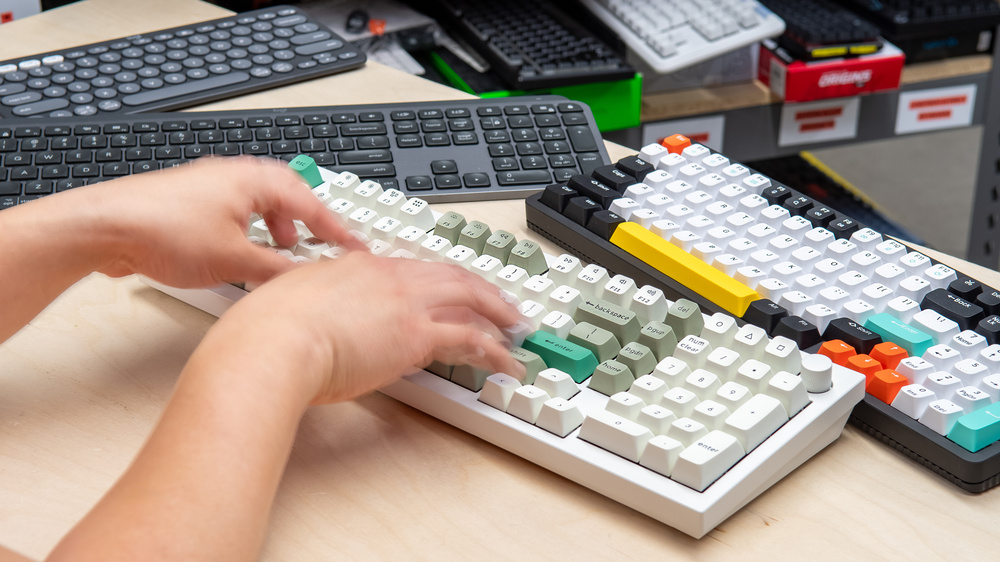
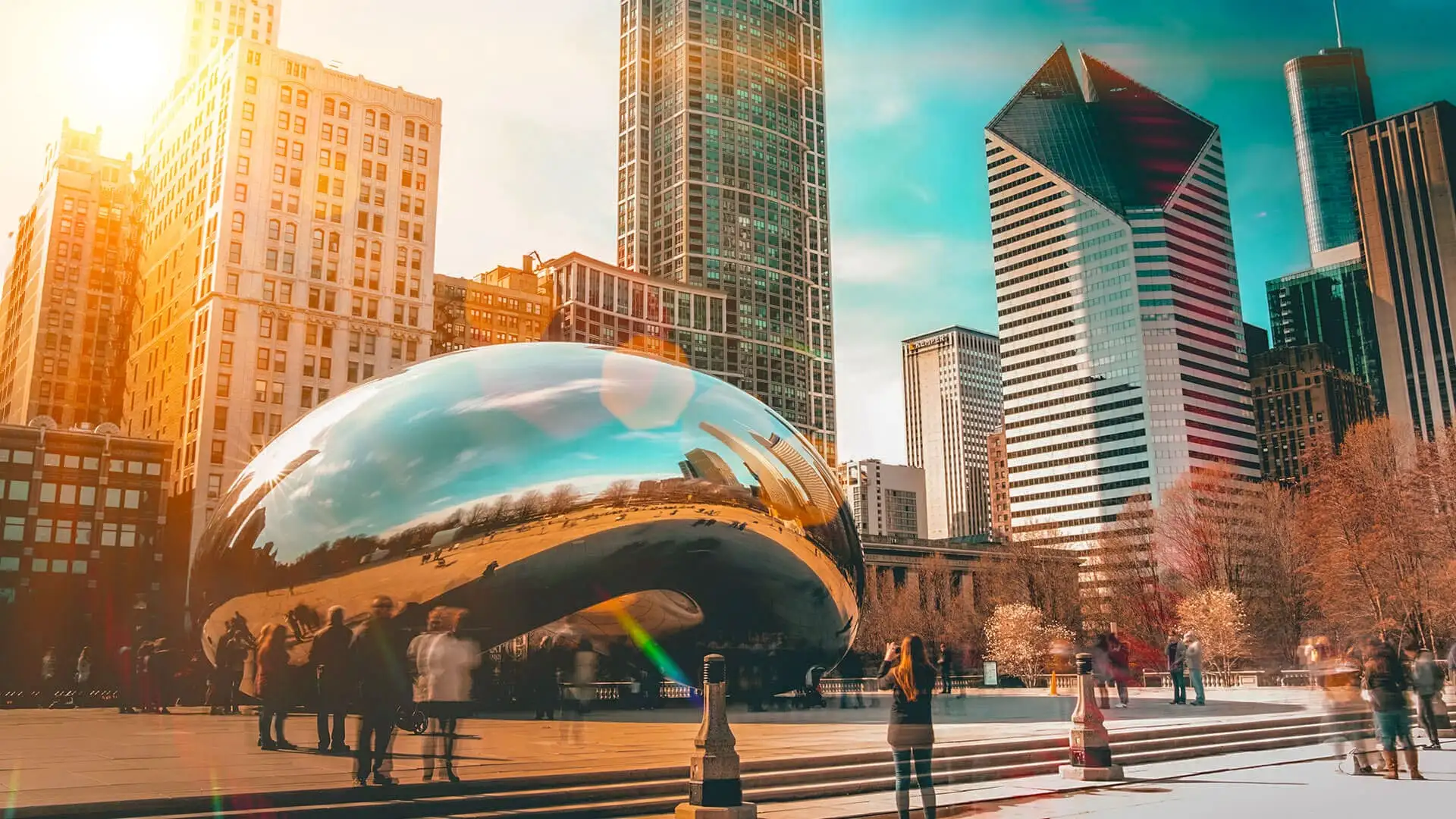
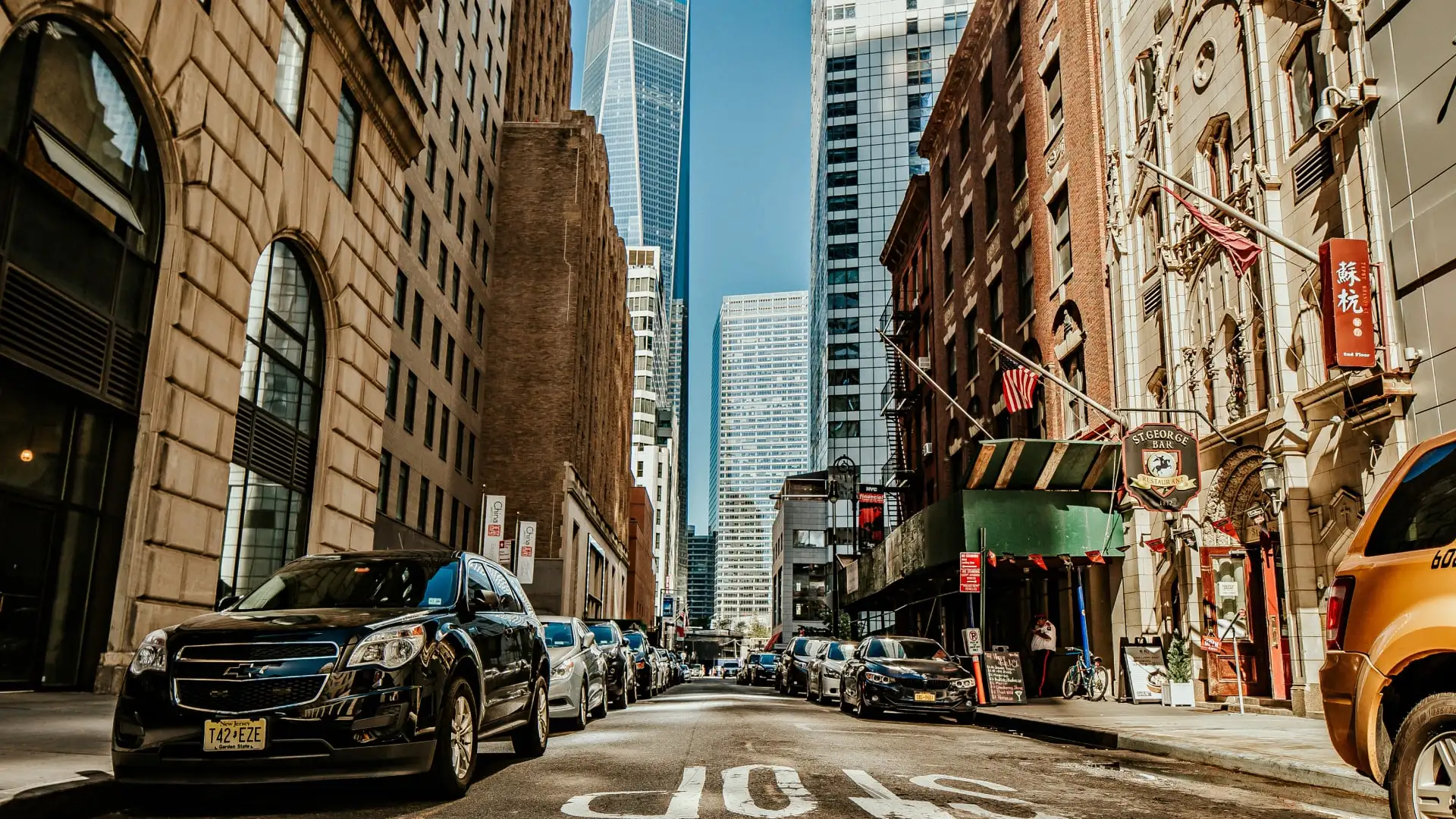

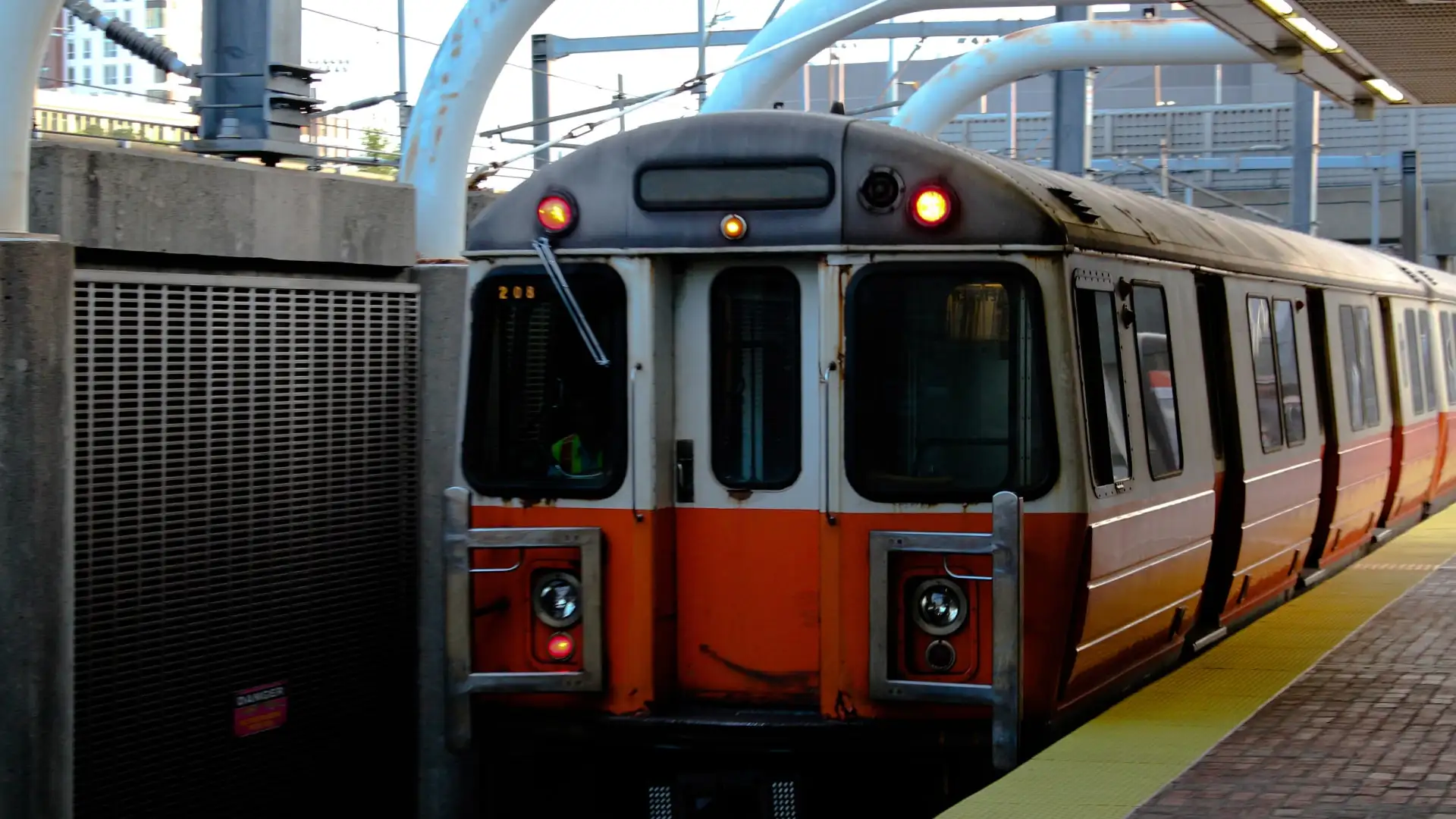
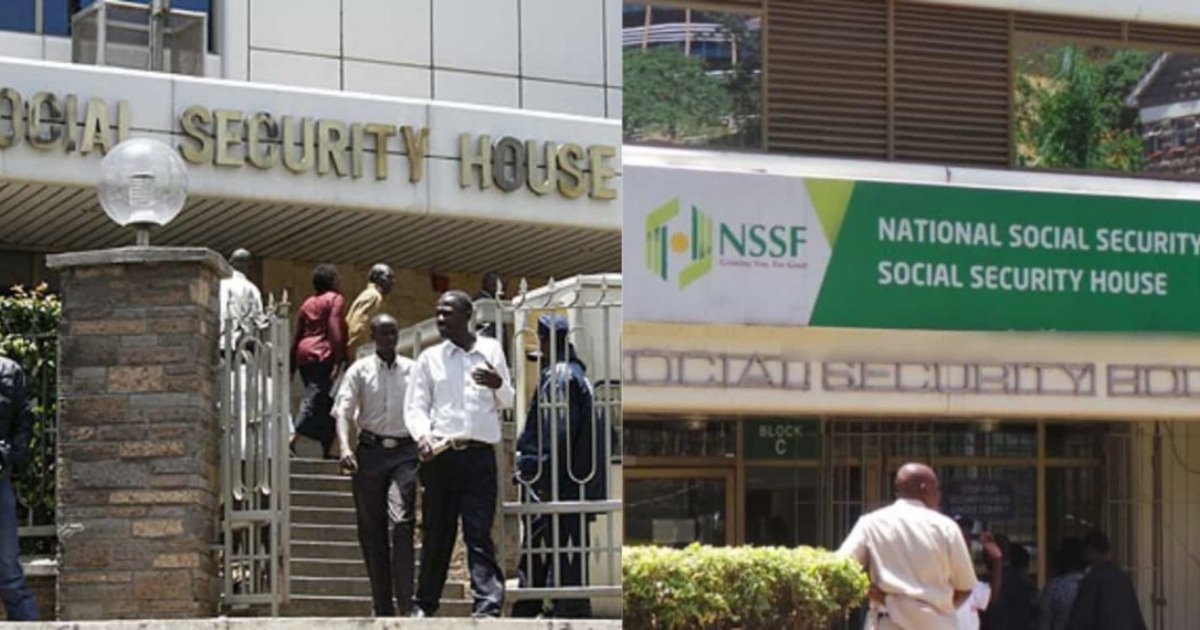

![[Resource]: Installing Webuzo on Your Nestict Cloud VPS: A Detailed Guide](https://www.blog.nestict.com/wp-content/uploads/2024/12/image.webp)
![[Resource] : Comprehensive List of Equity Bank Codes Across Kenya by Region](https://www.blog.nestict.com/wp-content/uploads/2024/12/image-5.png)



![[Continuation]: Current Challenges in Making Physics and Geography Compulsory](https://www.blog.nestict.com/wp-content/uploads/2024/12/The-universe-of-mathematics-physic-and-astronomy-its-ama…-Flickr.jpg)
![[Resource] : Why Physics and Geography Should Be Compulsory Like Mathematics in Education](https://www.blog.nestict.com/wp-content/uploads/2024/12/image.png)


![[LINKTREE] 2024 PAST PAPERS , NOTES ,RESOURCE,REVISION,EXAMINATIONS](https://www.blog.nestict.com/wp-content/uploads/2024/10/SCHM.jpeg)


![Maritime Terms, Abbreviations and Acronyms [Shipping Terms – Searchable]](https://www.blog.nestict.com/wp-content/uploads/2024/09/Container-Stowage-Stock-Illustrations-–-71-Container-Stowage-Stock-Illustrations-Vectors-Clipart-Dreamstime.jpg)
![Maritime Terms, Abbreviations and Acronyms [ Shipping Terms]](https://www.blog.nestict.com/wp-content/uploads/2024/09/image.png)




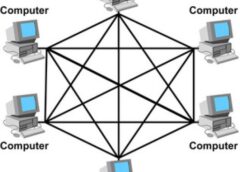


![[Explainer]: NVMe storage, SSD (SATA SSD), and HDD](https://www.blog.nestict.com/wp-content/uploads/2024/08/Laptops-are-available-with-SSDs-and-HDDs.png)
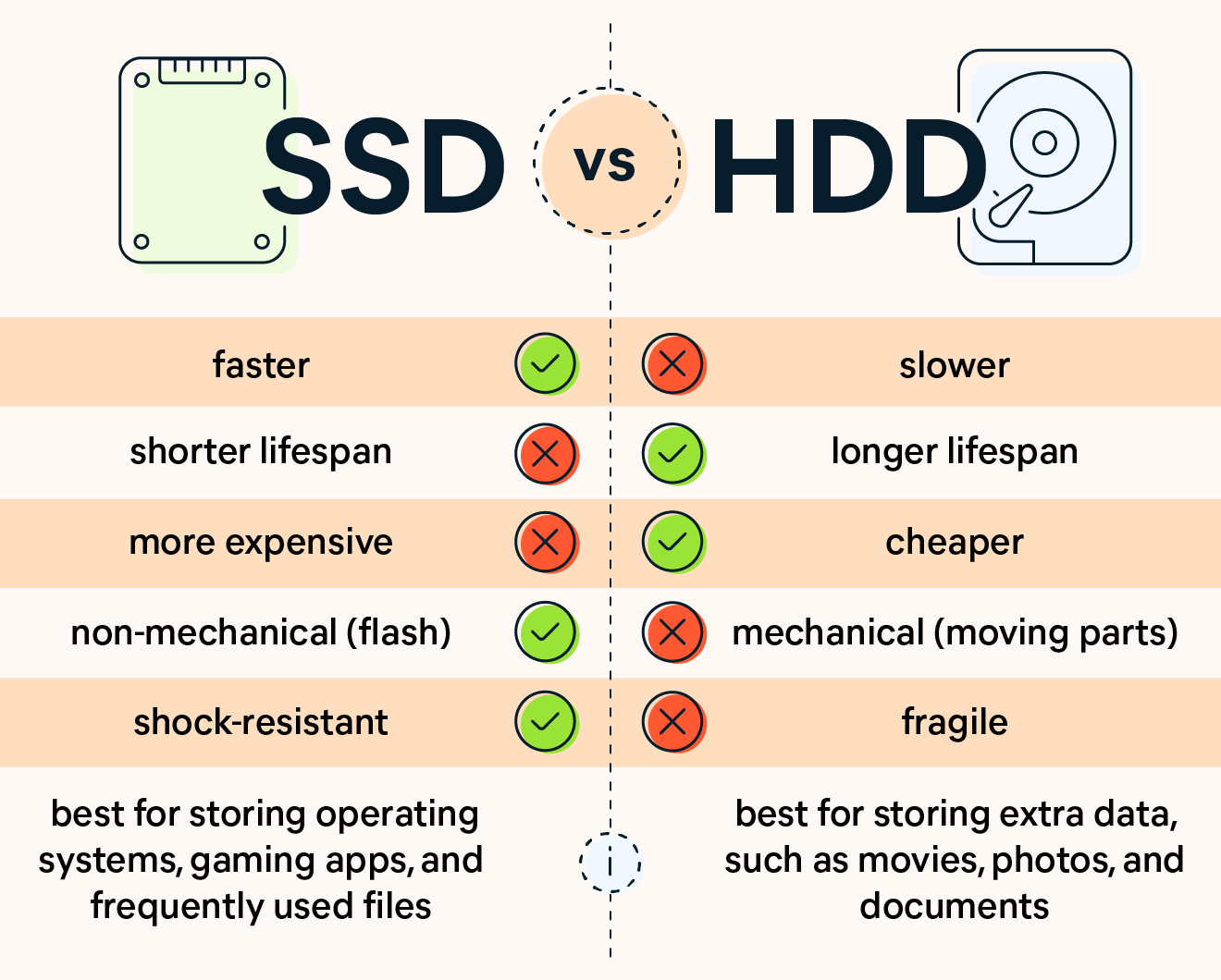
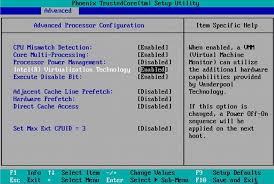
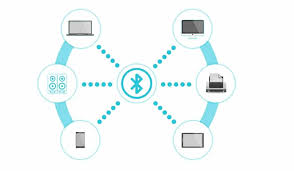

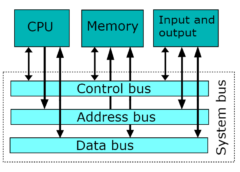

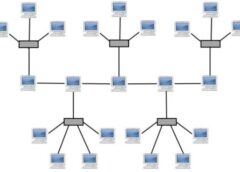







![[Updated 2024] – Passport Application FOR CHILDREN ONLY(PERSONS UNDER 18 YEARS)](https://www.blog.nestict.com/wp-content/uploads/2023/09/keppp-240x172.png)
![[Updated 2024] -Passport Application FOR ADULTS ONLY-PERSONS OVER 18 YEARS](https://www.blog.nestict.com/wp-content/uploads/2023/09/EAF-Passport-e1631045054464-400x800-1-240x172.jpg)

